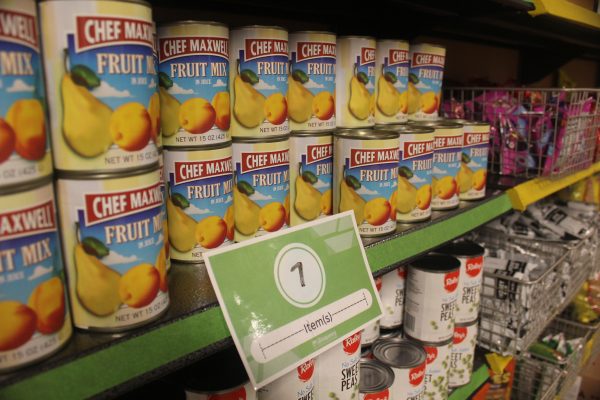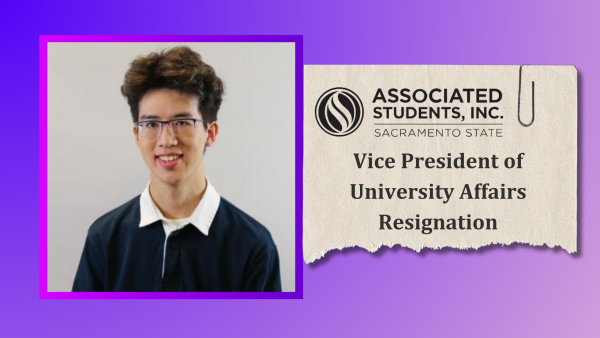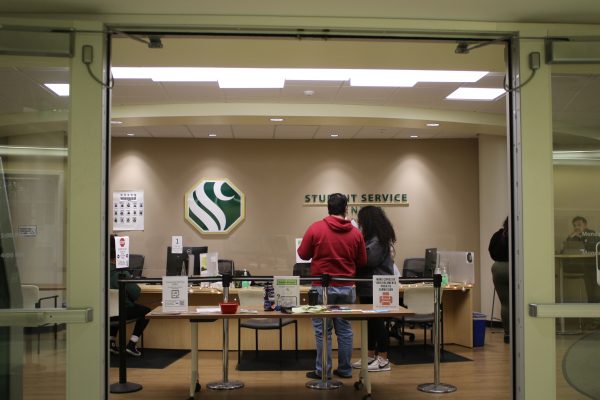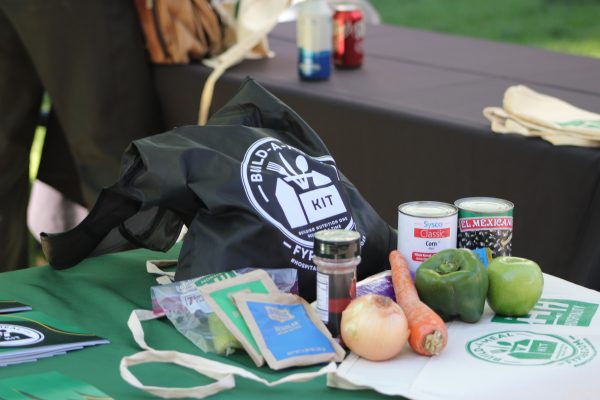Adding classes becoming tougher for Sac State students
February 8, 2012
Some Sacramento State students have described this semester as one of the worst experiences in regards to adding a class. The Biological Sciences department in particular has been the source of most of the backlash.
Occupied by approximately 1,700 students, the biology department has filled every classroom to its maximum capacity said Biological Sciences Department Chair Jennifer Lundmark.
Junior biological sciences major Kimberly Pineda was upset with the difficulty she had in attempting to add a class, as were many students this semester.
“It was frustrating,” Pineda said. “Being a transfer student from American River College and not getting a guarantee for the classes I needed was disappointing.”
With the number of students being denied access to classes, it seemed as though the university implemented a policy instructing professors to not even consider accepting additional students. However, university representatives assure this is not the case.
“There is no university policy on adds,” said Sac State spokeswoman Kim Nava. “It’s a day-to- day call, driven by demand pressure in other courses.”
Nava said each college has an enrollment target it independently dictates. The decision of how many can be added into a class is determined by room availability, the number of seats within that room, safety reasons and other considerations.
“We have more students than we’ve ever had in the time that I’ve been here,” Lundmark said. “We see this all the time. As the economy goes down, science majors go up and unfortunately we just don’t have the resources to be able to support all of those students.”
The state will be cutting $100 million from the California State University system budget this year. Consequently, Sac State will be receiving $6 million less than expected.
Insufficient funds are a reason why there is a lack of resources to provide more options for the students.
“Because the number of students and because the budget has been cut so severely, we just don’t have the sections to offer people,” Lundmark said. “We’re not getting the money from the state to be able to run the courses that we need.”
Though Lundmark sees it as an unfortunate situation, she insists the funding is the determinant of it all.
“That’s the roadblock for all of our majors and for most of the majors in our entire college. So it’s tough right now,” Lundmark said.
Faculty members are encouraged to have seniors as their priority, as is the norm in every department. On the other hand, freshmen and sophomores are expected to take what they can get.
Biological sciences major Eliza Hanson got into all of her classes because of her senior status.
“Fortunately, I got into the classes I needed. If I didn’t, it would have pushed back my graduation date,” Hanson said.
Biology Professor Adam Rechs initially had to turn away about 70 students for his Basic Biological Concepts classes along with 20 other students from his additional courses.
“The lack of space is frustrating for everyone,” Rechs said. “The huge class sizes also tax the instructors. Having frazzled professors certainly isn’t going to help improve the learning environment.”
In order to accommodate the students as much as possible, the biological sciences department tries to run on a singular student basis. The department will find a student who is in the wrong class and find a seat in another, more beneficial, class. Managing the students one-by-one is a strategy the department uses to ensure no student is wasting time in unnecessary classes.
“With Jennifer Lundmark working like mad for the last week, she was able to secure additional seats to be added to my courses,” Rechs said.
Students with determination to add a class are encouraged to continue attending the class for the first couple weeks.
Rechs was able to add about 40 students to his Basic Biological Concepts classes by the second week.
“Really, it’s been just a question of the demand in the first week,” Lundmark said. “Students are not willing to hang out when there is always a possibility of getting in.”
Pineda was insistent on getting into her classes. She stuck it out for the first two weeks and was finally able to be added. However, the uncertainty of it has put her behind in the reading and class work.
The students are not the only ones who are disappointed in how this semester has left them to fend for themselves. The professors have their concerns as well.
“Students are getting less individual attention, which can impact how much they are learning,” Rechs said.
Faculty has been discouraged by the inability to accommodate students and can only hope the students be relentless in pursuing the education they deserve. Rechs encourages students to not give up and not remain silent.
“If no students voice their frustration to the departments, colleges, university president, chancellor or Legislature, then we run the danger of having the current situation become the new baseline for what is ‘normal’,” Rechs said.
Maikalina Madali can be reached at [email protected].









































































































































